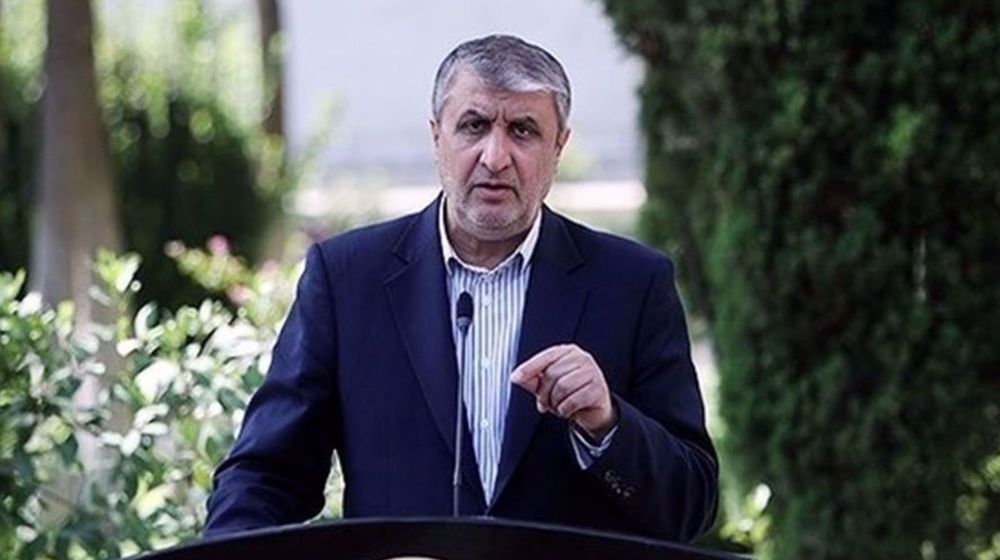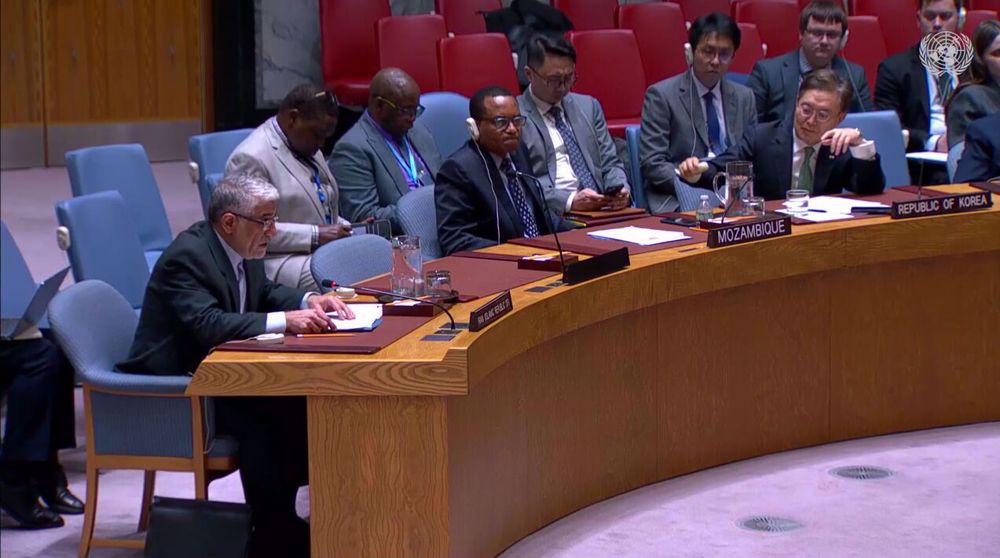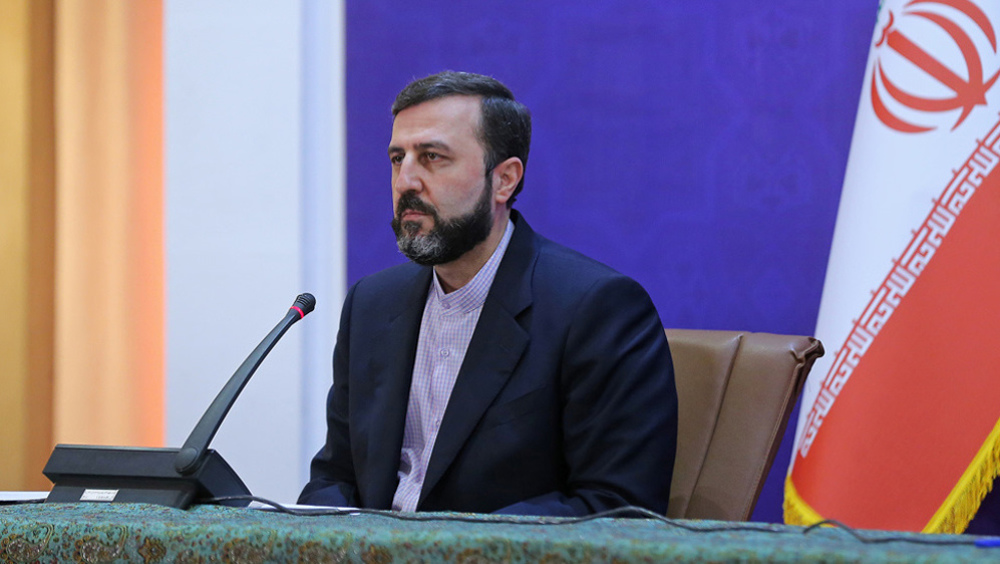US in no position to invoke JCPOA snapback mechanism to reinstate UN Iran sanctions: EU
The European Union says the United States is not a party to the 2015 nuclear deal anymore and therefore cannot force the reinstatement of UN sanctions on Iran via the so-called “snapback” mechanism stipulated in the agreement.
US President Donald Trump pledged on Saturday to use the controversial technique, a day after the UN Security Council overwhelmingly rejected an American-drafted resolution to extend an Iranian arms embargo.
"We'll be doing a snapback," Trump said during a news conference at his New Jersey golf club, adding, "You'll be watching it next week."
"Snapback” was envisioned in the event Iran was proven to be in violation of the 2015 nuclear accord, officially known as the Joint Comprehensive Plan of Action (JCPOA) from which Trump unilaterally pulled his country in May 2018.
The US circulated a six-page memo last Thursday from State Department lawyers, claiming that the United States remained part of the 2015 Security Council Resolution 2231, which endorses the deal, and still had the right to use the snapback provision.
"Given that the US unilaterally withdrew from the JCPOA in May 2018 and has not participated in any JCPOA structures or activities subsequently, the US cannot be considered as a JCPOA participant," a spokeswoman for EU foreign policy chief Josep Borrell said on Sunday.
"We therefore consider that the US is not in a position to resort to mechanisms reserved for JCPOA participants (such as the so-called snapback)," German news agency DPA quoted the EU spokesperson as saying.
Iran's Foreign Minister Mohammad Javad Zarif earlier in the day denounced the US attempts to invoke the snapback mechanism, saying, "American snapback is illegal and unacceptable and the Americans know they cannot use snapback.”
The top Iranian diplomat strongly dismissed the US contention and said, "We should not think that if they say something loudly and repeat it, they are right."
Trump's threat to trigger the mechanism came after the United Nations Security Council almost unanimously refused to support a US-sponsored draft resolution on extending the arms embargo against Iran.
During the 15-member Security Council vote, the US received support only from the Dominican Republic for its anti-Iran resolution, leaving it far short of the minimum nine "yes" votes required for adoption.
Russia and China voted against the draft resolution and the remaining 11 Security Council members, including France, Germany and Britain, abstained.
Read more:
Dozens detained, several wounded in Israeli raids in West Bank
‘Ethnic cleansing’: Hamas blasts Israeli attacks on Gaza hospital amid intl. silence
Saudi delegation meets HTS leader at presidential palace in Damascus
Relentless Israeli ceasefire violations justify need for self-defense: Lebanese MP
Tel Aviv tells Damascus Israeli forces will remain in occupied territory: Report
Dec. 22: ‘Axis of Resistance’ operations against Israeli occupation
‘Abhorrent’: Oxfam says only 12 trucks delivered aid in North Gaza since Oct.
VIDEO | Leader receives religious eulogists on Hazrat Fatima birth anniv.











 This makes it easy to access the Press TV website
This makes it easy to access the Press TV website